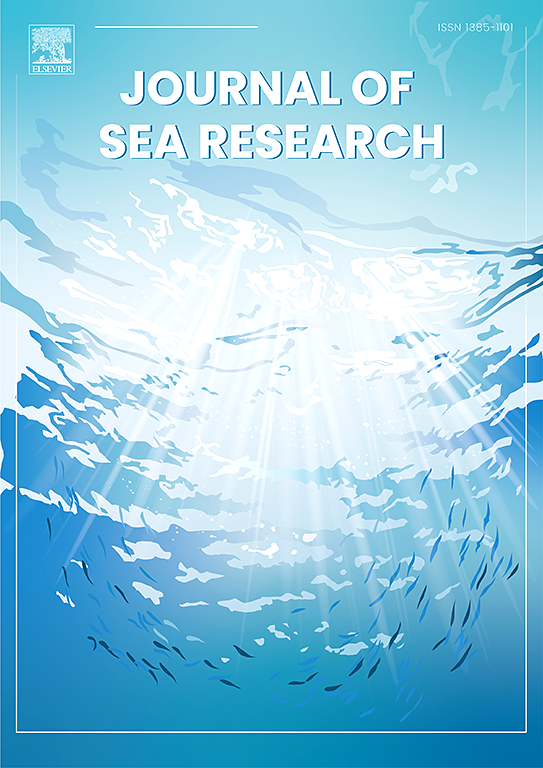基于定性内容分析的中国海岛管理系统:开发与保护之间的选择
IF 2.9
4区 地球科学
Q2 MARINE & FRESHWATER BIOLOGY
引用次数: 0
摘要
由于其独特的特点和定位,海岛的保护和管理有别于大陆和海洋环境。作为一个拥有 1.1 万多个岛屿的海洋大国,中国的海岛政策反映了中国在资源管理、生态保护、经济发展等方面的综合战略需求,同时也说明了全球气候变化和国际海洋治理对国家利益的深刻影响,使这些政策具有鲜明的特色。因此,本研究构建了一个定性内容分析过程,以中国海岛管理政策为研究对象,旨在系统解读政策文本,进行综合分析,揭示中国海岛管理体制的演变过程和特点,并指出未来面临的新挑战。这种方法为海岛综合管理提供了一个全新的视角。通过分析,我们确定了中国海岛管理的三个关键主题:海岛开发、生态保护和法律治理。从纵向来看,中国的海岛管理已经从最初的注重开发转变为越来越重视生态保护。随着海岛治理政策的逐步出台,其他管理措施也在不断落实,包括开展全国海岛资源综合调查、建立和发展海岛自然保护区、开展海岛生态系统修复、将海岛管理纳入国家统一空间规划等。这些工作逐步推动了中国海岛管理向专业化、法制化方向发展。通过对海岛管理体制的横向比较可以发现,在中国,经济发展往往被放在首位,尤其是在具有巨大发展潜力的海岛上。这从根本上是由当前的经济发展阶段和资源需求所决定的。因此,探索一条兼顾经济发展与生态保护的道路成为中国海岛管理的一大亮点。随着时间的推移,环境条件的变化带来了新的挑战,如海平面上升、极端天气增多等加剧了海岛生态系统的脆弱性和灾害风险。加强海岛气候适应,需要建立极端天气和海平面上升预警系统,加强洪水防御,恢复红树林、珊瑚礁、湿地等自然生态系统,作为抵御气候风险的保护屏障。本文章由计算机程序翻译,如有差异,请以英文原文为准。
China's island management system based on qualitative content analysis: The choice between development and conservation
Due to its unique characteristics and positioning, the conservation and management of islands differ from those of mainland and marine environments. As a major maritime nation with over 11,000 islands, China's island policies reflect its comprehensive strategic needs in resource management, ecological protection, and economic development, while also illustrating the profound influence of global climate change and international marine governance on national interests, giving these policies their distinctiveness. Therefore, this study constructs a qualitative content analysis process, focusing on China's island management policies, with the aim of systematically interpreting policy texts to conduct a comprehensive analysis, revealing the evolution and characteristics of China's island management system, as well as identifying new challenges ahead. This approach provides a fresh perspective on integrated island management. Through analysis, we identified three key themes in China's island management: island development, ecological protection, and legal governance. From a longitudinal perspective, China's island management has shifted from an initial focus on development to increasingly emphasizing ecological protection. As island governance policies are gradually introduced, other management measures have also been continuously implemented, including conducting comprehensive national island resource surveys, establishing and developing nature reserves related to islands, undertaking island ecosystem restoration, and incorporating island management into unified national spatial planning. These efforts have progressively advanced China's island management toward greater specialization and legal governance. A horizontal comparison of island management systems reveals that, in China, economic development is often prioritized, especially on islands with significant development potential. This is fundamentally driven by the current stage of economic development and resource demands. Therefore, exploring a path that balances economic development with ecological protection has become a key highlight of China's island management. Over time, new challenges have emerged due to changing environmental conditions, such as sea level rise and increased extreme weather events exacerbating the vulnerability of island ecosystems and disaster risks. Strengthening island climate adaptation requires the establishment of early warning systems for extreme weather and sea level rise, enhancing flood defenses, and restoring natural ecosystems such as mangroves, coral reefs, and wetlands, which serve as protective barriers against climate risks.
求助全文
通过发布文献求助,成功后即可免费获取论文全文。
去求助
来源期刊

Journal of Sea Research
地学-海洋学
CiteScore
3.20
自引率
5.00%
发文量
86
审稿时长
6-12 weeks
期刊介绍:
The Journal of Sea Research is an international and multidisciplinary periodical on marine research, with an emphasis on the functioning of marine ecosystems in coastal and shelf seas, including intertidal, estuarine and brackish environments. As several subdisciplines add to this aim, manuscripts are welcome from the fields of marine biology, marine chemistry, marine sedimentology and physical oceanography, provided they add to the understanding of ecosystem processes.
 求助内容:
求助内容: 应助结果提醒方式:
应助结果提醒方式:


